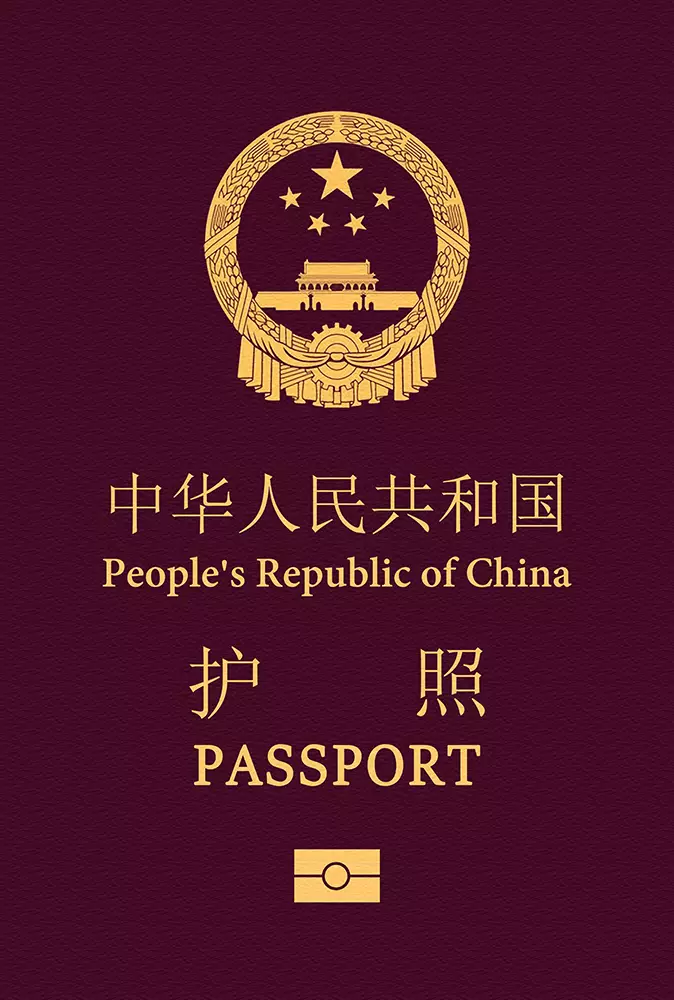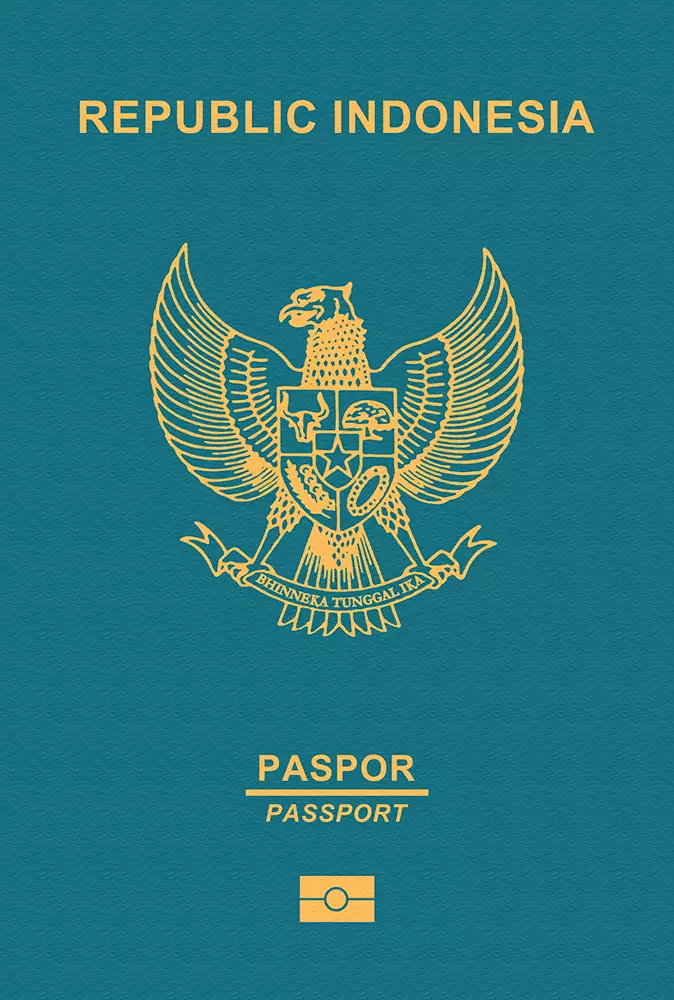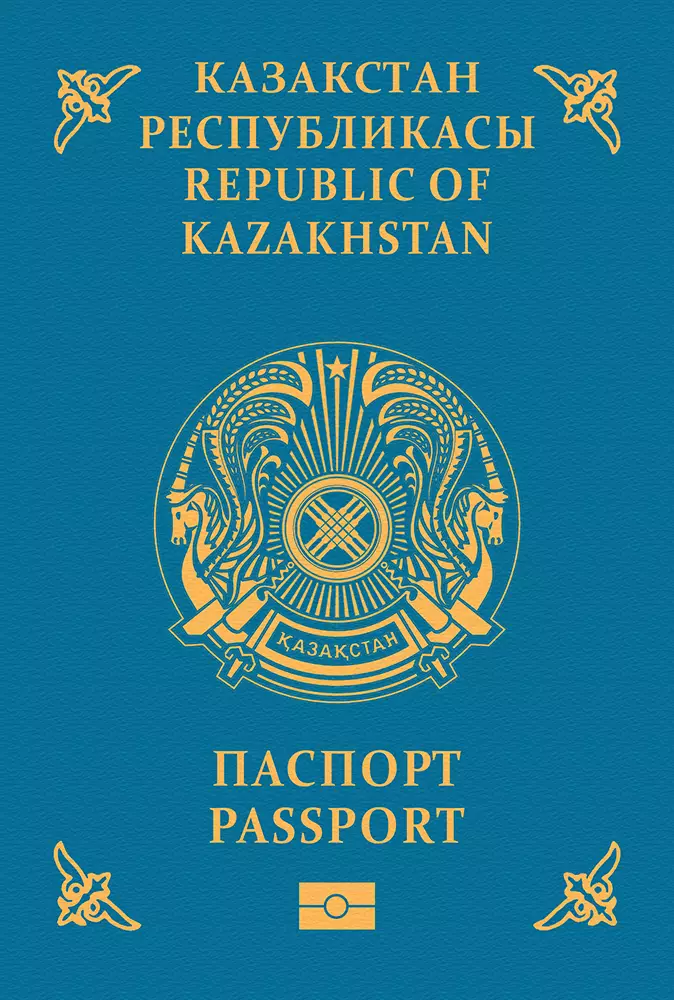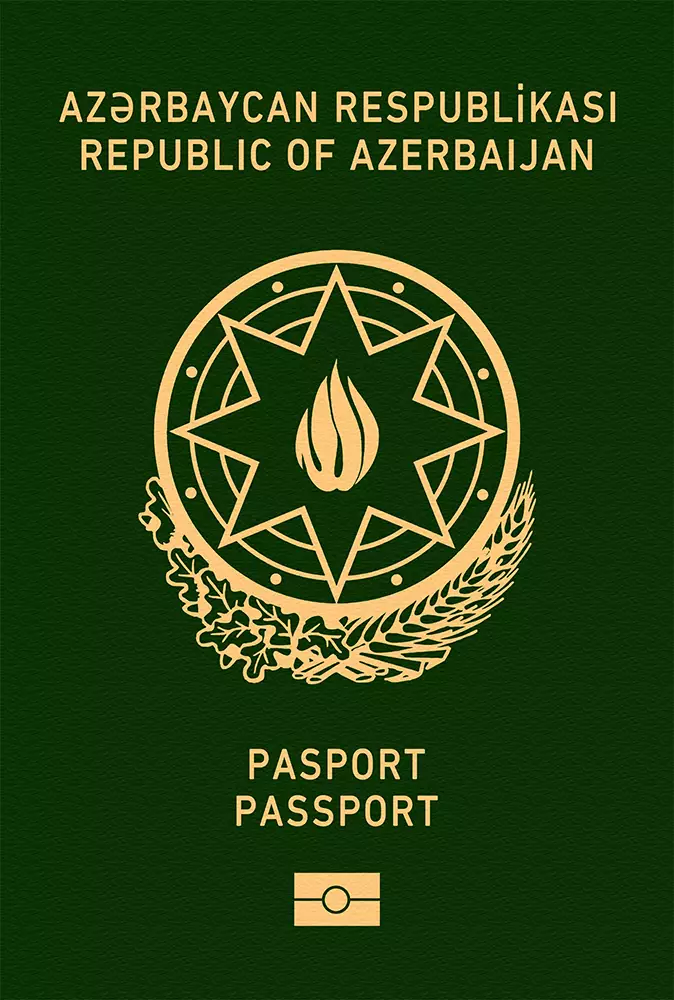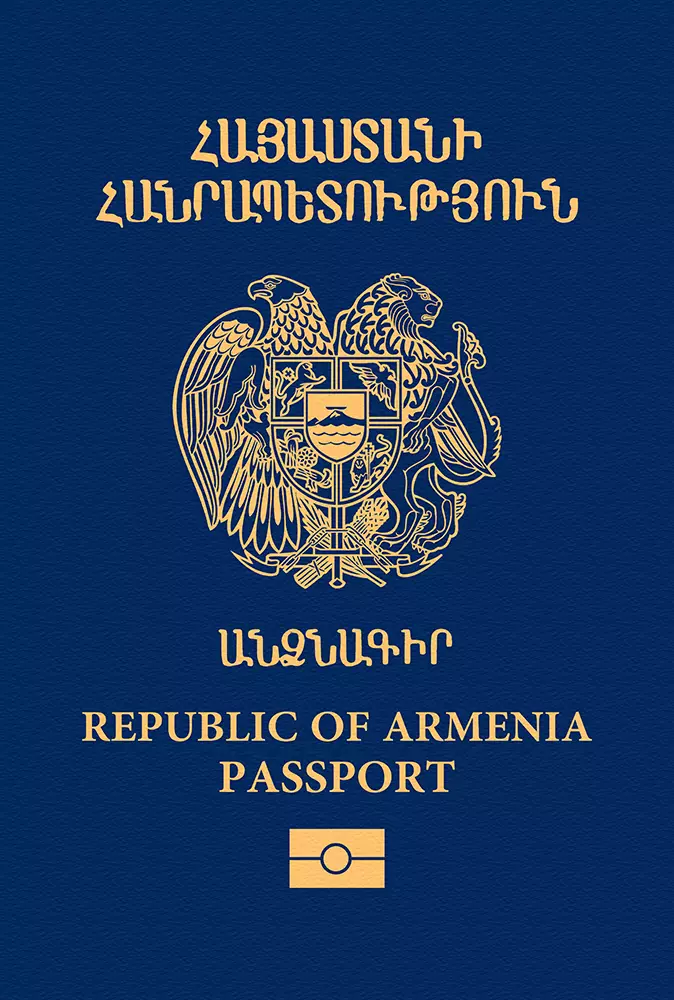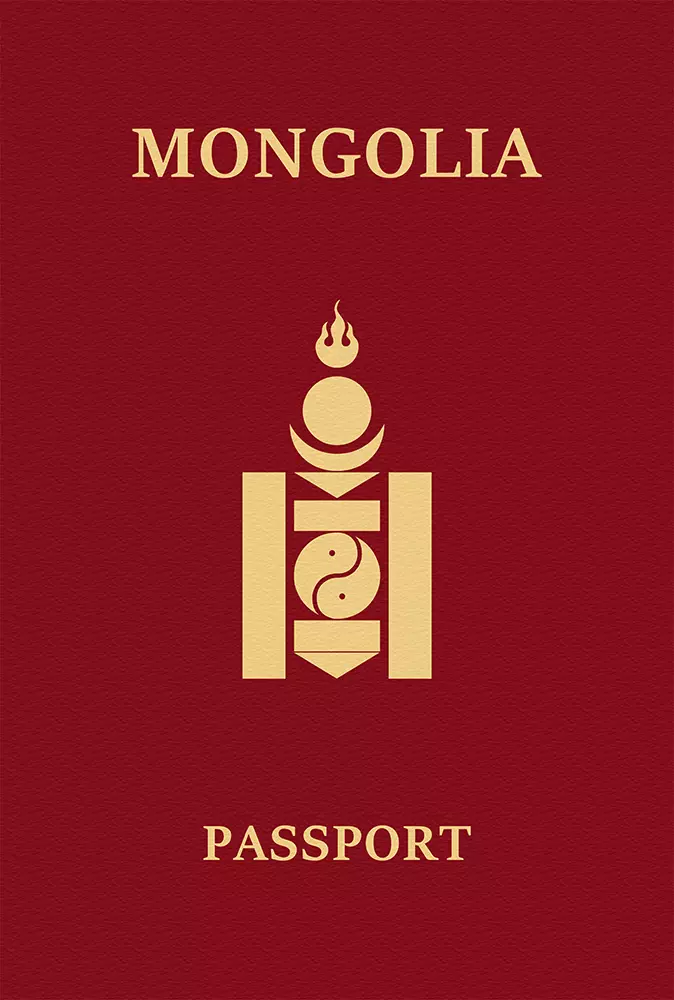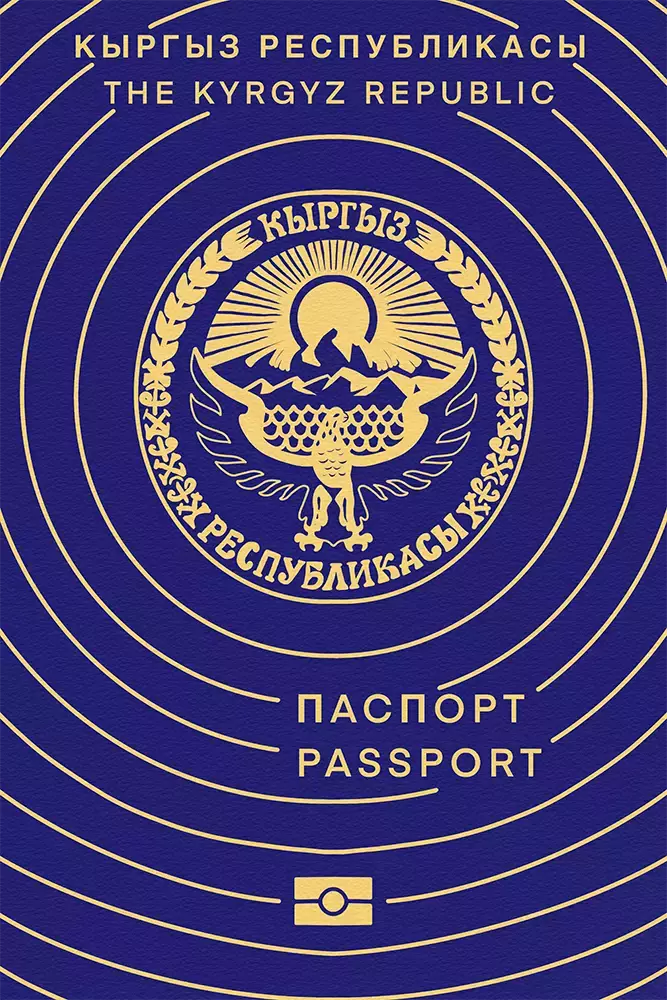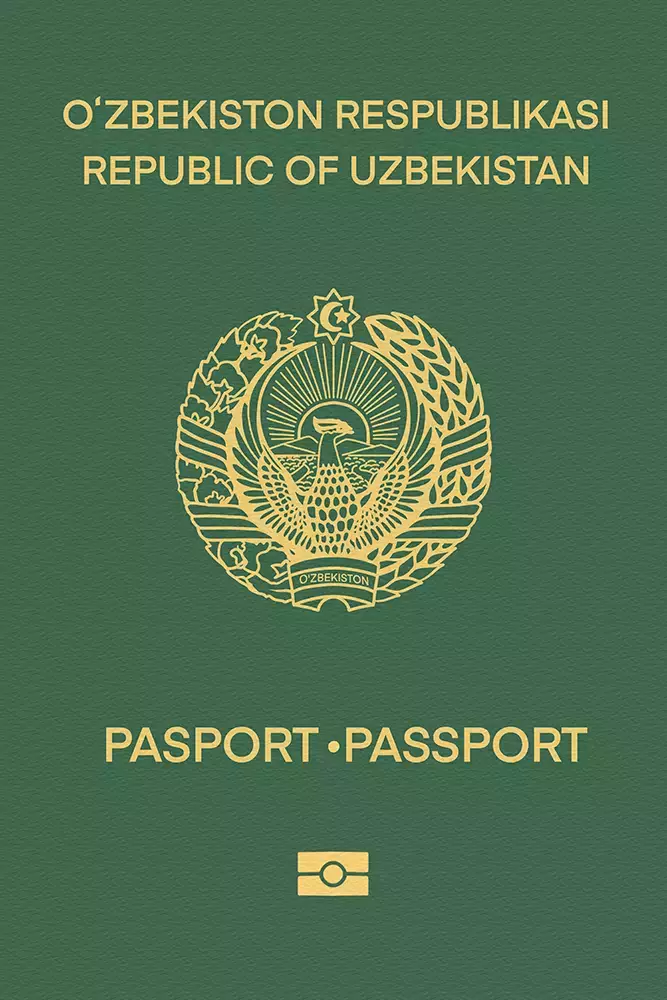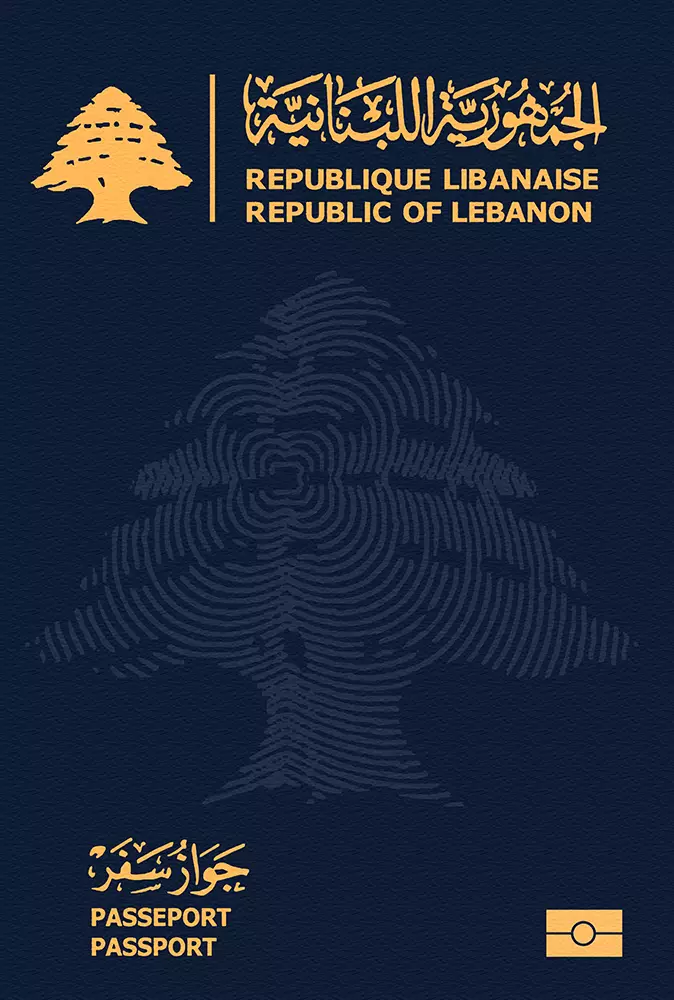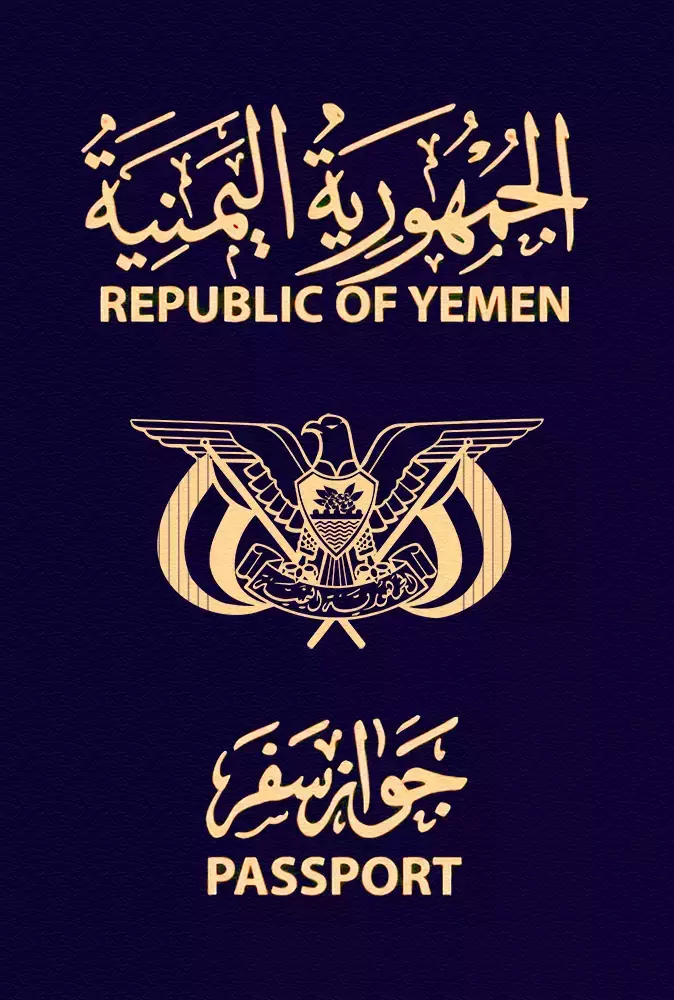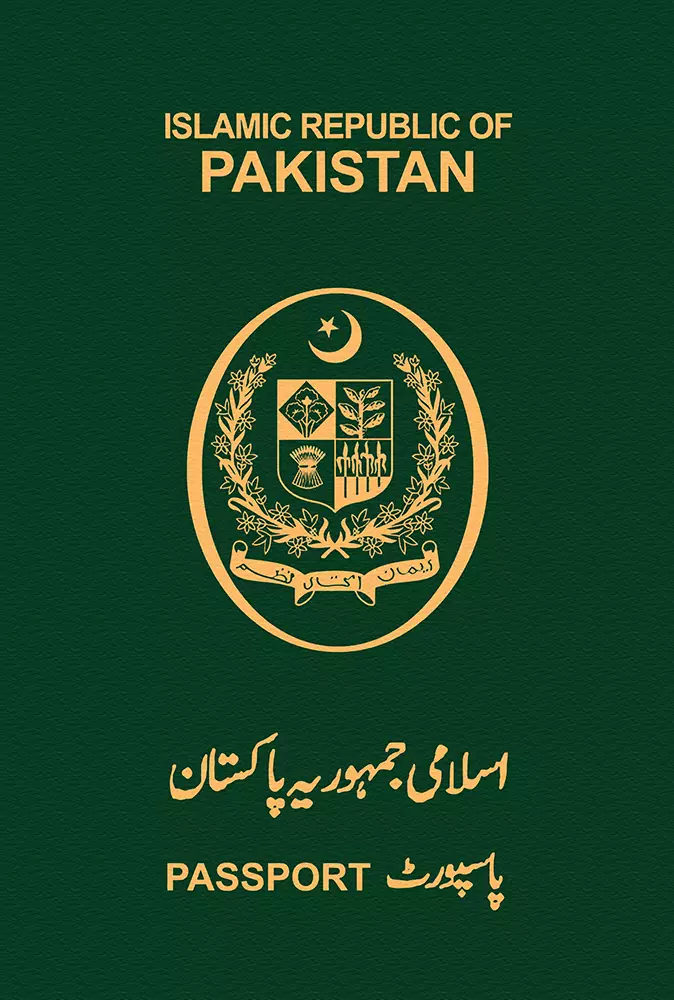About Singapore
Geography and Location: Singapore is a
highly developed city-state located at the southern tip of the Malay Peninsula
in Southeast Asia. Despite its small land area of about 728.6 square
kilometers, Singapore has optimized its use of space through innovative urban
planning and land reclamation. Strategically located along major sea routes,
Singapore is one of the busiest ports globally.
Population and Demographics: Home to
approximately 5.7 million people, Singapore is one of the most densely
populated countries in the world. Its population is a diverse mix of ethnic
Chinese, Malays, Indians, and smaller communities, creating a rich cultural
tapestry. The official languages include English, Malay, Mandarin, and Tamil,
with English serving as the main language for business, government, and
education.
Government and Politics: Singapore
operates as a parliamentary republic with a stable and efficient political
system. Since its independence from Malaysia in 1965, the People’s Action Party
(PAP) has been the leading political force. The country's governance is marked
by a strong anti-corruption stance and pragmatic policies that have contributed
to its rapid development.
Economy: Known for its robust
free-market economy, Singapore is one of the most competitive nations globally.
Its economic strength lies in diverse sectors such as finance, manufacturing,
trade, and technology. As a global financial center, Singapore hosts numerous
international corporations and is a hub for innovation, particularly in
biotechnology, IT, and smart city infrastructure.
Education: Singapore’s education system
is renowned for its rigor and high standards, particularly in mathematics and
science. The bilingual education policy requires students to learn both English
and their mother tongue, promoting linguistic diversity. Prestigious
institutions like the National University of Singapore (NUS) and Nanyang
Technological University (NTU) rank among the top in the world.
Healthcare: Singapore boasts a highly
efficient healthcare system that combines public and private services, ensuring
access to high-quality medical care for its citizens. The government's subsidy
programs and compulsory savings schemes like Medisave make healthcare
affordable while emphasizing preventive care and innovation.
Infrastructure and Transport:
Singapore’s infrastructure is among the most advanced globally, featuring an
extensive public transport system and cutting-edge technology for urban
management. Changi Airport, a major international hub, and the well-maintained
road network exemplify Singapore’s commitment to excellence in infrastructure.
Environment and Sustainability: Despite
rapid urbanization, Singapore has maintained its reputation as a "Garden
City" with extensive green spaces and a strong focus on sustainability.
The country has made significant efforts in water management, waste reduction,
and energy efficiency, setting a model for sustainable urban development
worldwide.
Culture and Lifestyle: The cultural
landscape in Singapore is a vibrant blend of traditional and modern influences.
The city-state celebrates a variety of cultural festivals and offers a diverse
culinary scene that reflects its multicultural heritage. The arts and
entertainment sector is thriving, providing a range of cultural experiences for
residents and visitors alike.
Tourism: Tourism plays a vital role in
Singapore's economy, attracting millions of visitors with its clean, modern
environment and iconic attractions such as Marina Bay Sands, Gardens by the
Bay, and Sentosa Island. The country’s cultural districts like Chinatown and
Little India provide a glimpse into its rich heritage, making it a unique
destination for tourists.
Conclusion
The top ranking of
the Singapore passport is a reflection of the country's strategic diplomatic
efforts, economic strength, and commitment to security. With access to over 190
countries, the Singapore passport remains a valuable asset for its citizens. As
global travel continues to evolve, the Singapore passport is poised to maintain
its prestigious position, offering its holders unparalleled global mobility and
opportunities.
For those holding a
Singapore passport or considering obtaining citizenship, its ranking and the
benefits it provides are clear indicators of Singapore's significant global
stature. Whether for business, tourism, or personal travel, the Singapore
passport is a powerful tool for navigating the world in 2024.
If you want to
learn more about the Singapore visa process or apply for one, there's no need
to look further. Visitsvisa provides a hassle-free visa application service for
Singapore and many other countries, ensuring a smooth and efficient process to
meet all your travel needs.


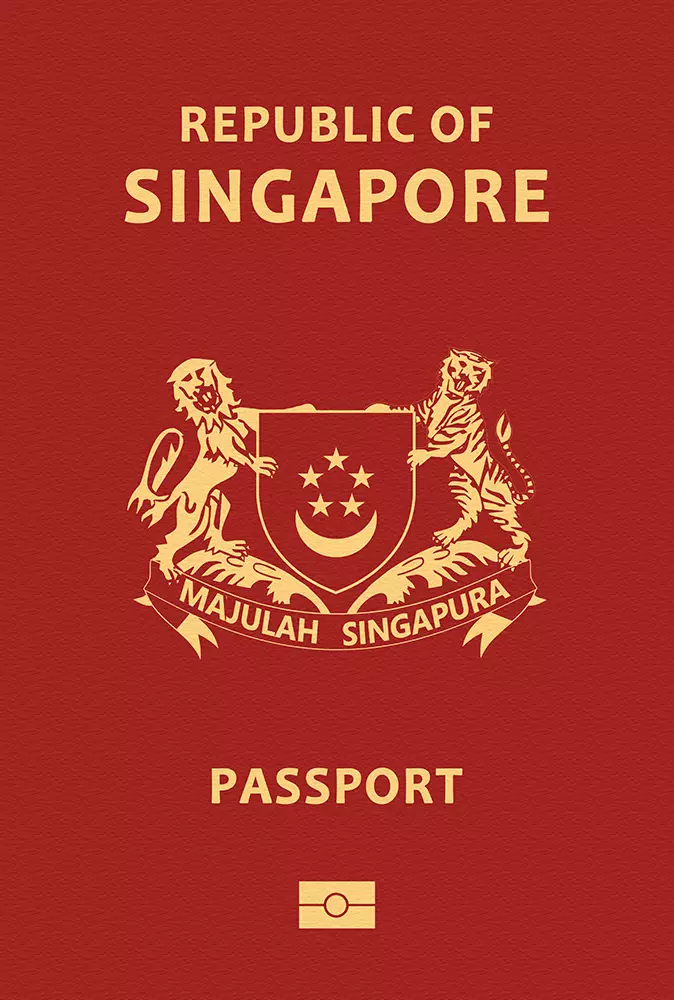
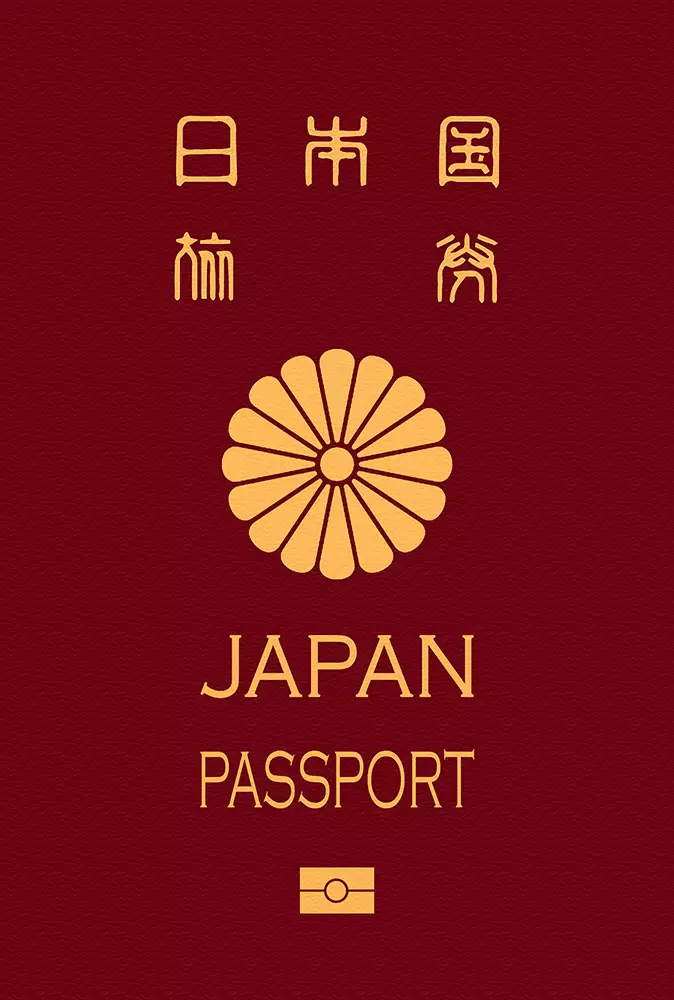
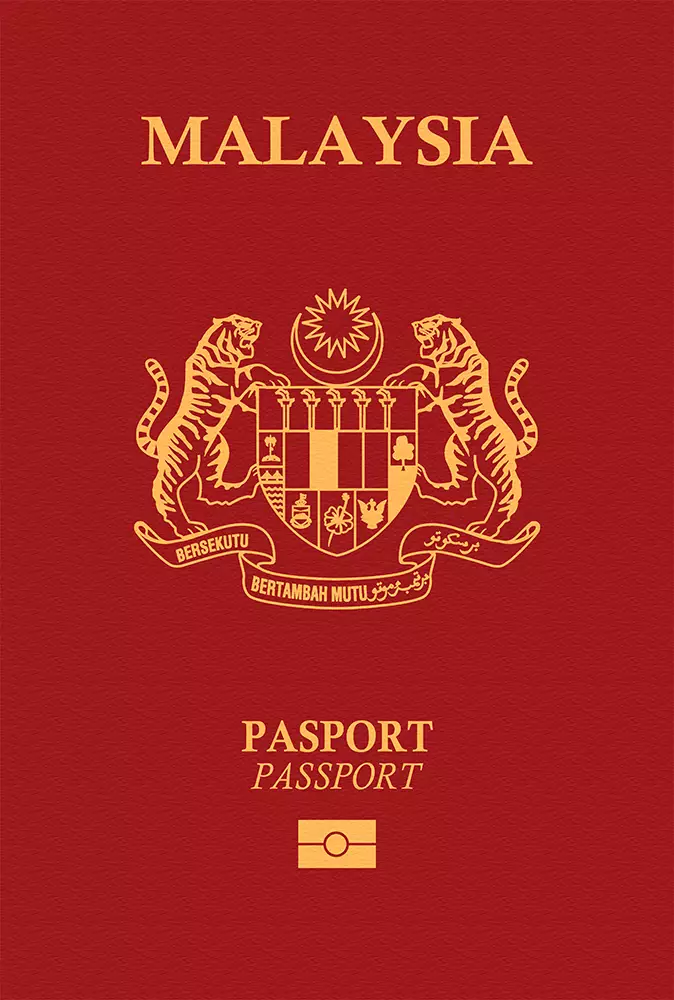
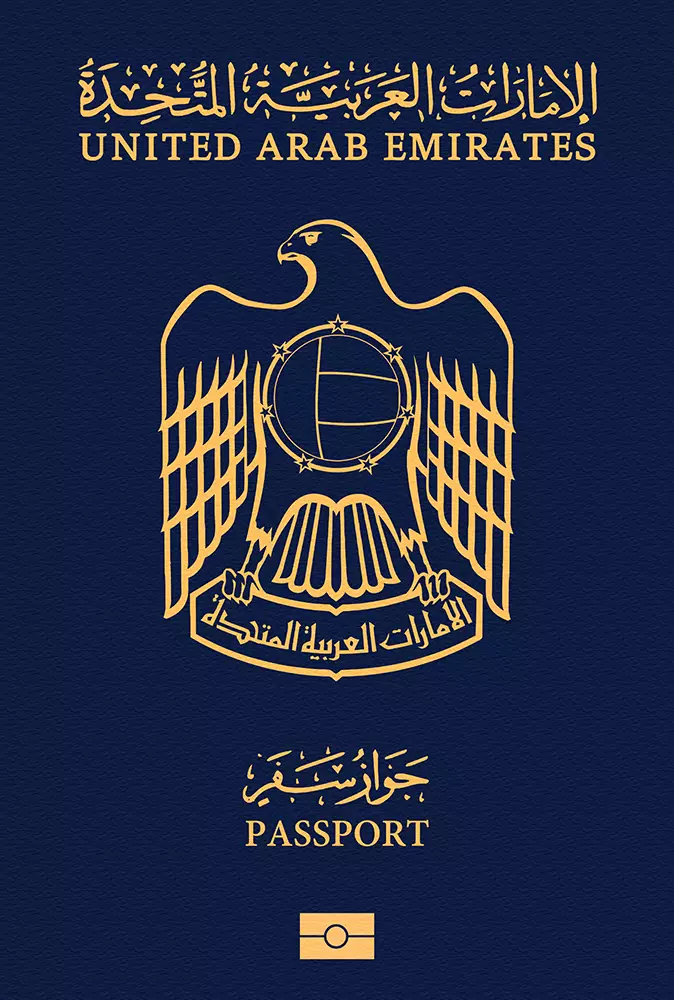

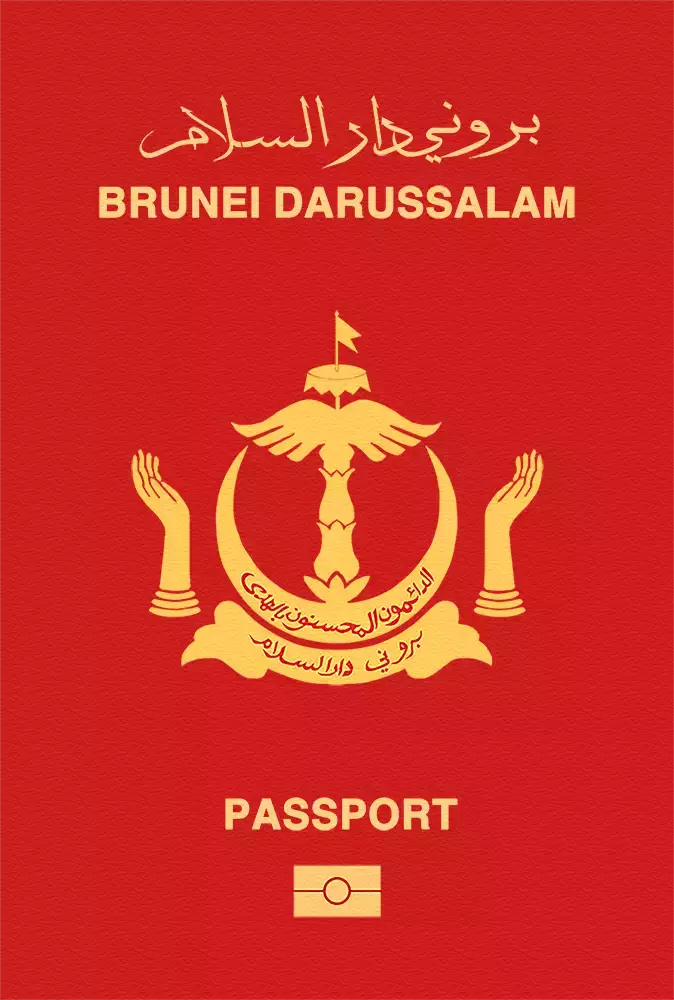
.webp)
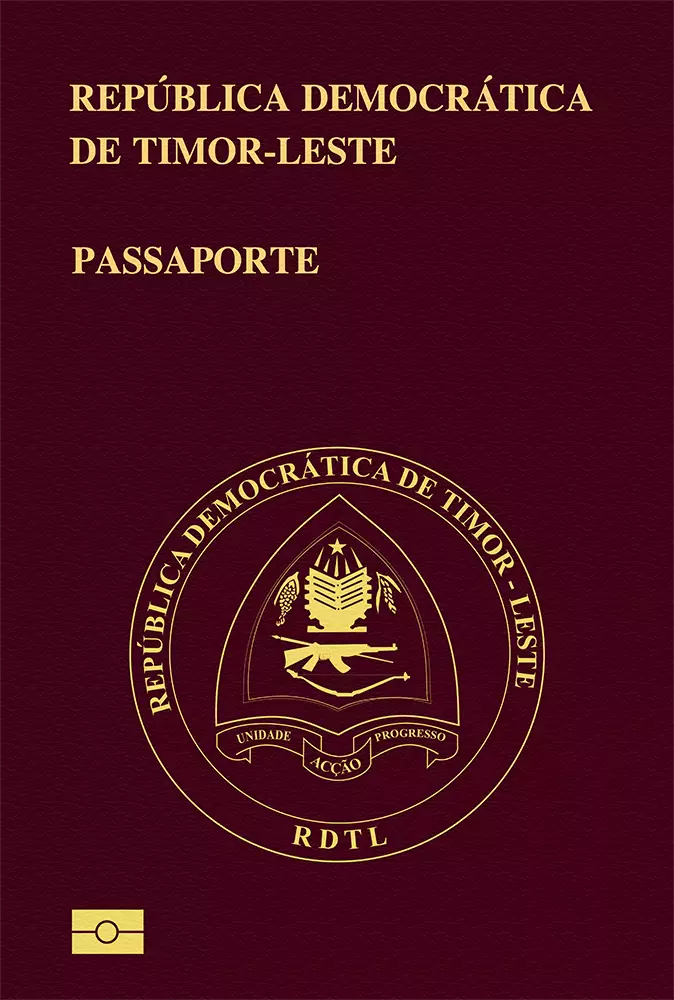
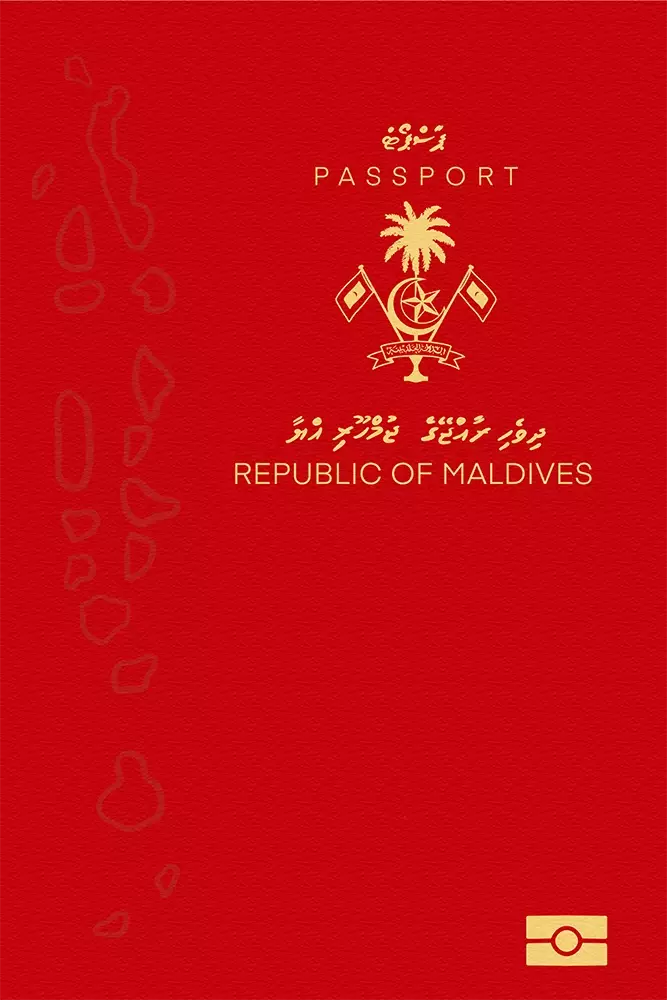
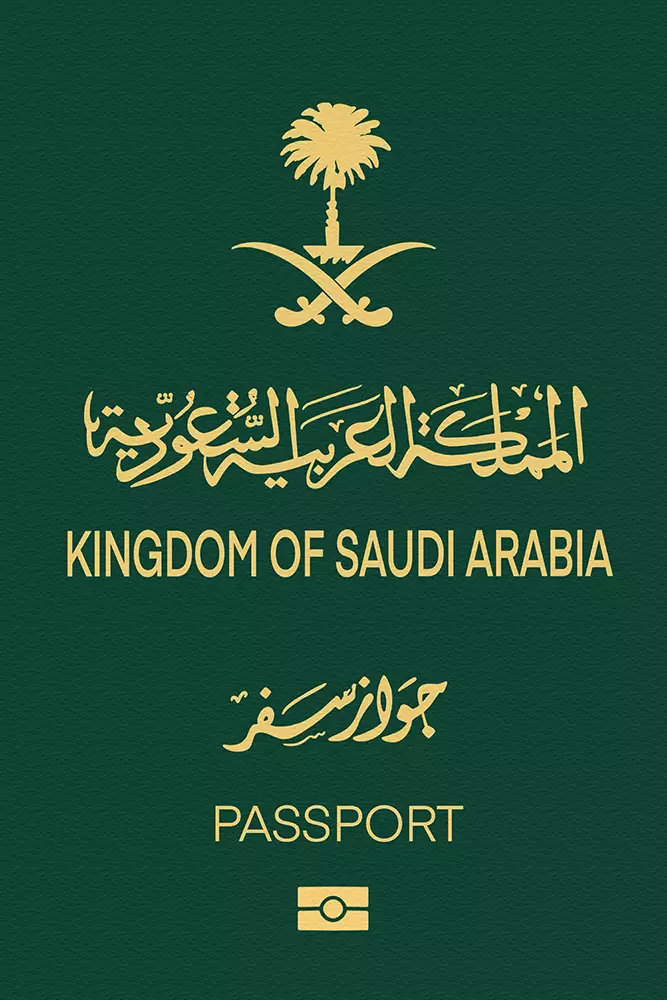
.webp)
